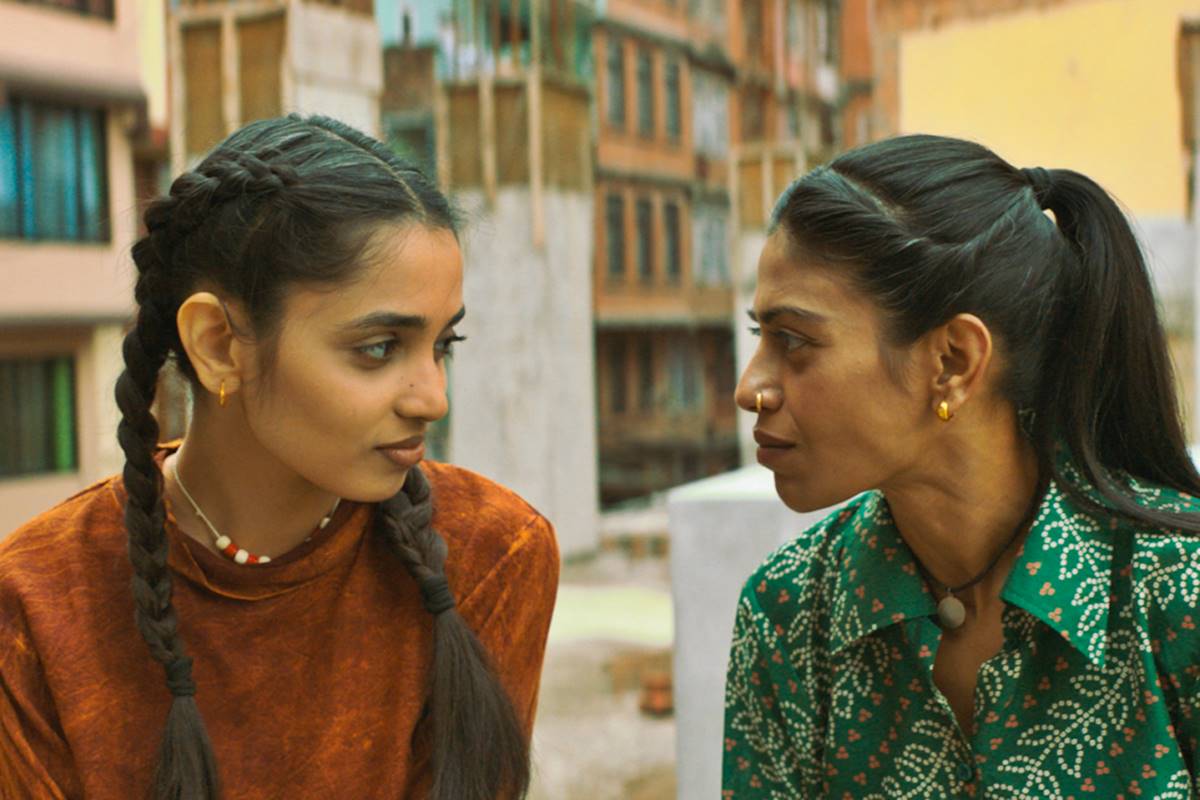The first question that arose in me as I watched ‘The Shameless’ by Bulgarian director Konstantin Bojanov at the ongoing Cannes Film Festival was, “Why him?” The movie, set in India (which appears to be Mumbai) and Nepal, features two lead characters who are Indian. Despite my initial skepticism, I found that his effort was not all that bad.
A bold vision of Indian womanhood narrated through uneven storytelling, the movie focuses on how some women are destined to be sex workers. Iced with politics, the drama showcases two very different performances. Anusuya Sengupta’s Renuka is fleeing from the police after murdering a man, and when she encounters Devika, whose grandmother (Mita Vasisht) is worshipped as a holy woman, there is an instant attraction.
Advertisement
However, the life of prostitution that both Renuka and Devika are thrust into poses a major obstacle for their love to blossom. Beyond familial compulsion, there are also political hindrances. A nationalist politician, played by Rohit Kokate, wants to control Renuka, and Devika’s family wants to sell her virginity for a whopping price.
Bojanov does not delve into detailed exploration, instead opting for dramatic narration that detracts from a certain sense of conviction. The plot itself is jaded; one of the earliest films to tackle this theme was ‘Fire’, in which Shabana Azmi and Nandita Das portrayed lesbian characters who fall deeply in love with each other. Since then, there have been innumerable movies on the subject, which is no longer a taboo in Indian cinema.
‘The Shameless’ merely skims the surface of homosexuality but highlights religious and caste barriers that form a powerful backdrop for the two women’s relationship. Sengupta springs to life with her raspy voice and her ability to channel her queer tendencies towards attracting Shetty, whose approach is often theatrical and exhibits pronounced self-destructive tendencies. She is a bundle of anguish, contrasting with Sengupta’s self-assuredness.
‘The Shameless’ is watchable, but its inconsistent visual language hinders clear storytelling. Nevertheless, the movie’s frank approach to lesbianism and its brutal depictions of violence and control over women’s bodies by men create a texture that is shockingly vivid. The sense of reality it portrays makes the movie a worthy watch.











